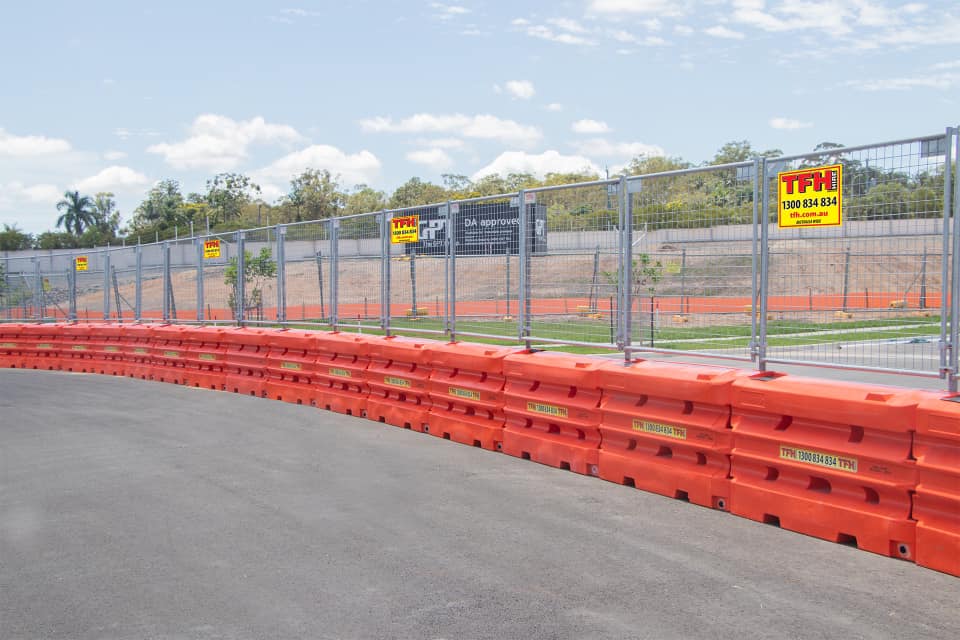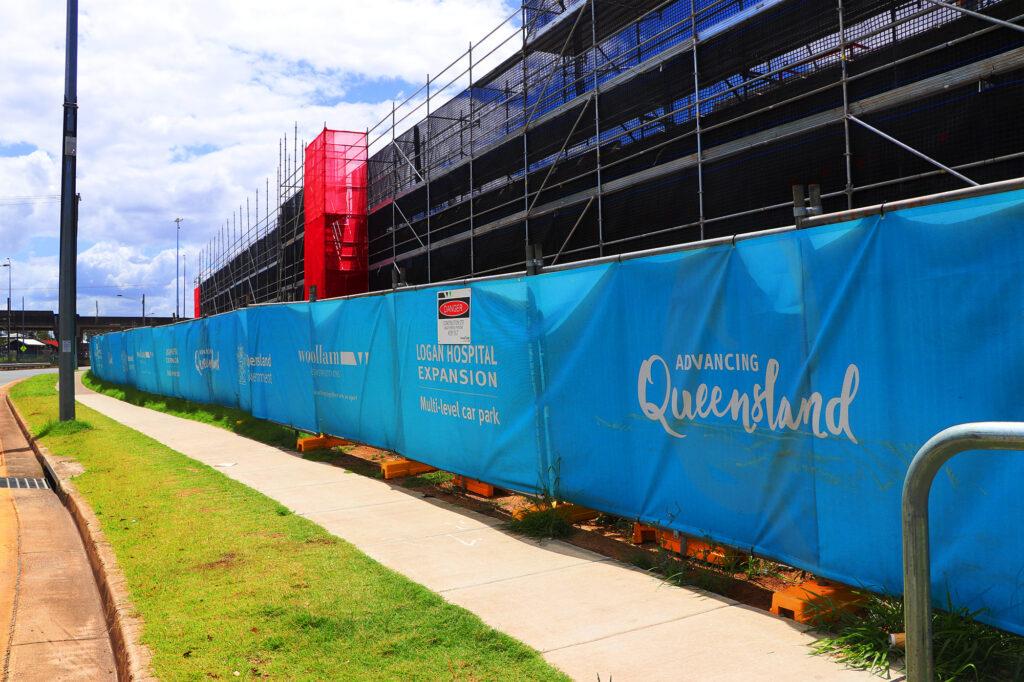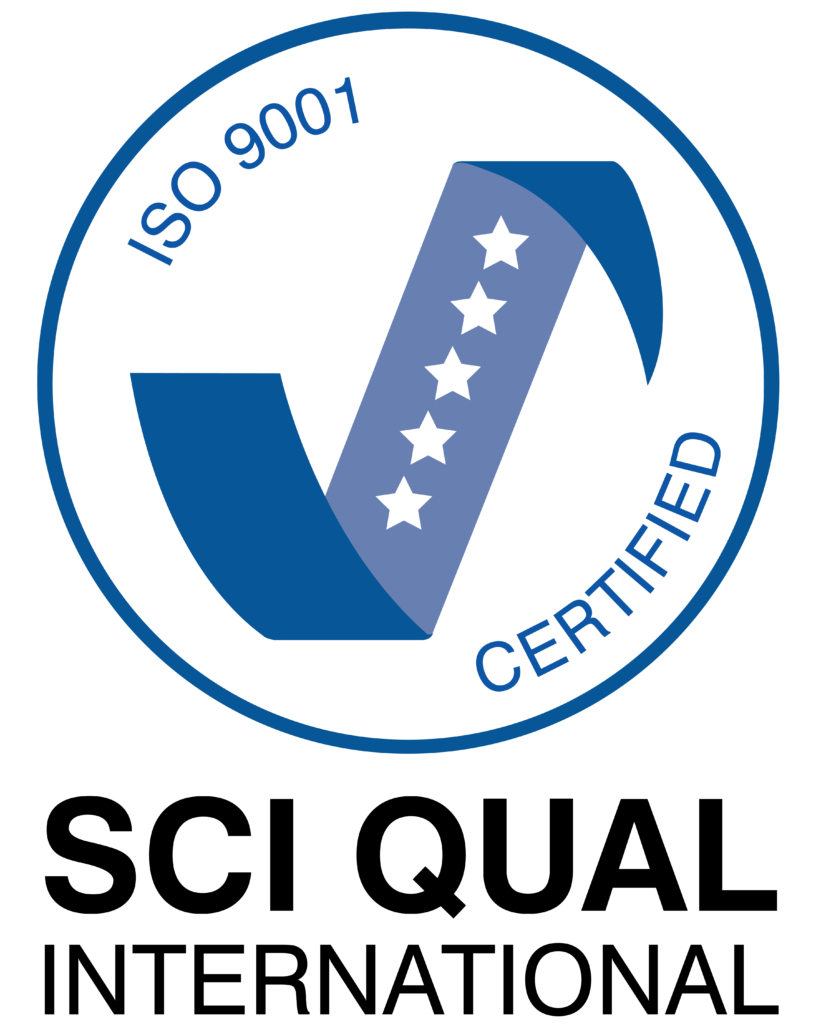The Importance of Traffic Management

The Critical Role of Traffic Management in Events and Construction Sites
Traffic management is indispensable in maintaining the orderly movement of vehicles and pedestrians, particularly during events and construction activities. This comprehensive approach to directing and controlling traffic flow is crucial for mitigating congestion, ensuring public safety, and enhancing the efficiency of road use. In this article, we delve into the significance of robust traffic management systems, the advantages they bring to road users, and the grave consequences of neglecting adequate traffic control measures.
The Significance of Traffic Management
At the heart of thriving urban and rural communities, traffic management ensures a harmonious coexistence between ongoing construction or special events and the daily flux of traffic. Its importance cannot be overstated, with key benefits including safeguarding road users, diminishing congestion, and averting accidents. A well-crafted traffic management plan enables a seamless transition of pedestrian and vehicle traffic, reducing delays and ensuring the safety of all involved.

Advantages of Traffic Management
- Safety Enhancement: Safety prevails as the primary goal of any traffic management initiative. Effective management strategies significantly reduce road accidents, safeguarding pedestrians, motorists, and site workers. Traffic controllers are pivotal in this setup, guiding and ensuring adherence to traffic regulations and pathways.
- Congestion Mitigation: Urban areas often grapple with traffic congestion, a challenge adeptly addressed through strategic traffic management. By optimising vehicle flow via road closures and diversions, construction and event sites can significantly mitigate traffic disruptions.
- Efficiency in Traffic Flow: Traffic management systems facilitate a more efficient circulation of traffic, coordinating intersections, managing lane usage, and regulating vehicle speeds. This efficiency not only enhances the driving experience but also contributes to a more sustainable and forward-looking transportation infrastructure.
- Legal Compliance and Avoidance of Fines: Overlooking traffic management can attract significant penalties and legal repercussions. Adherence to traffic control regulations is mandatory, and engaging traffic management professionals can aid in compliance, avoiding costly fines.
- Environmental Benefits: Efficient traffic management also plays a vital role in reducing the environmental footprint of road traffic. By easing congestion, it allows for smoother vehicle flow, thereby decreasing emissions and contributing to better air quality.

Understanding Traffic Management Strategies
Effective traffic management in construction zones and events employs a variety of tools and strategies to manage the flow of traffic safely and efficiently. These include the use of traffic signals, signs, road markings, and physical control devices to guide and inform drivers, ensuring safe passage through potentially hazardous areas.
- Traffic Signals and Control Devices: These are critical in managing intersections and high-traffic areas, ensuring orderly movement and reducing the risk of collisions.
The Risks of Inadequate Traffic Management
Failing to implement a comprehensive traffic management plan can lead to severe consequences, including heightened safety risks, increased congestion, and a higher incidence of accidents. Such oversights can also cause significant delays and financial losses, underscoring the need for meticulous planning and execution of traffic management protocols.

Mitigating Congestion and Enhancing Traffic Conditions
A core objective of effective traffic management is the alleviation of congestion and improvement of overall traffic conditions. Congestion not only affects the economy and environment negatively but also diminishes the quality of life for community members. Through strategic planning and the application of advanced traffic management solutions, it is possible to significantly reduce congestion and enhance the efficiency of the transportation network.
Conclusion
Traffic management is a pivotal aspect of modern urban planning and construction management, essential for ensuring safety, reducing congestion, and promoting efficient traffic flow. By embracing effective traffic management practices, events and construction sites can significantly contribute to a safer, more efficient, and environmentally friendly transportation ecosystem. Trusting traffic management to professionals, such as those at TFH (Temporary Fencing Hire), guarantees the adoption of best practices that foster safer and more orderly traffic conditions, paving the way for a brighter and more sustainable future in urban mobility.







